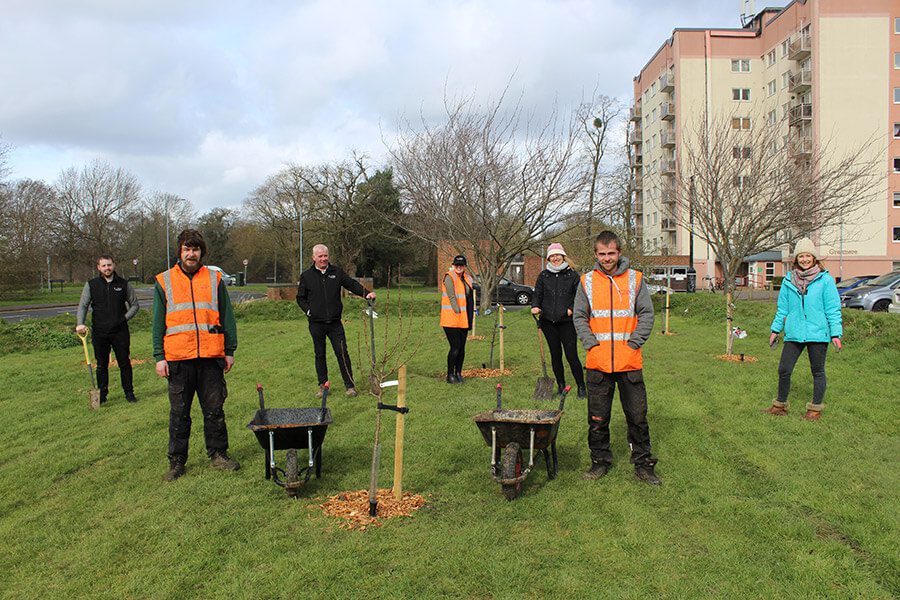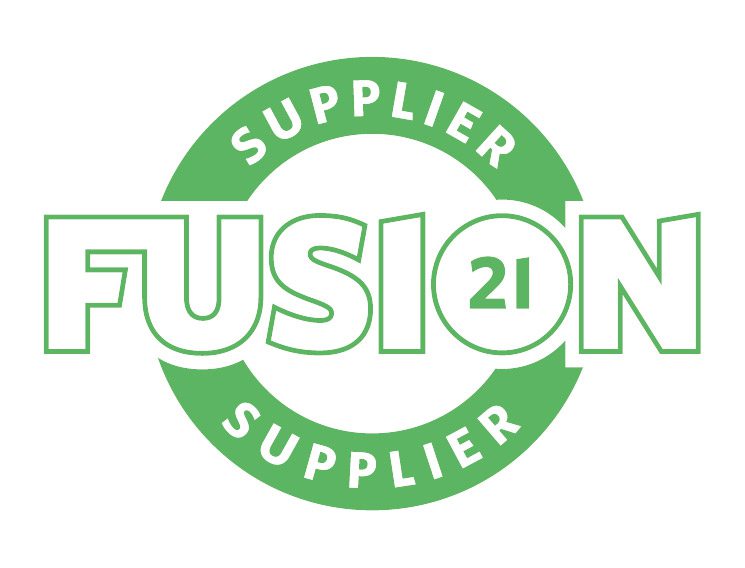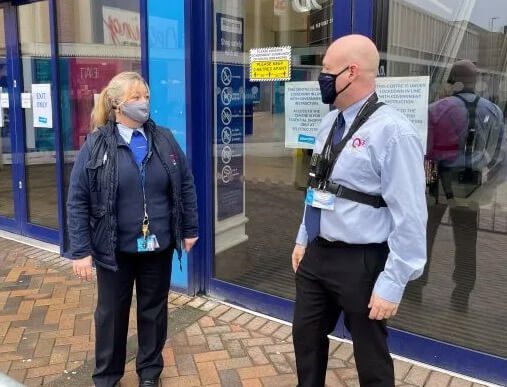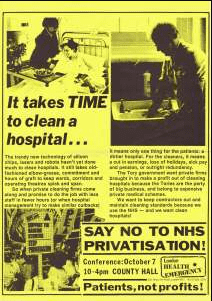Way back before Covid and even before the technology revolution, office-based staff would amuse themselves by circulating humorous stories and risqué cartoons on pieces of paper. It’s true! Poorly illustrated, riddled with grammatical errors and usually third-generation photocopies, these were the memes of their day.
Once such meme, with a little updating, provides the inspiration for this blog – Are you lonely, tired of working, do you hate making decisions??? Hold an online meeting!
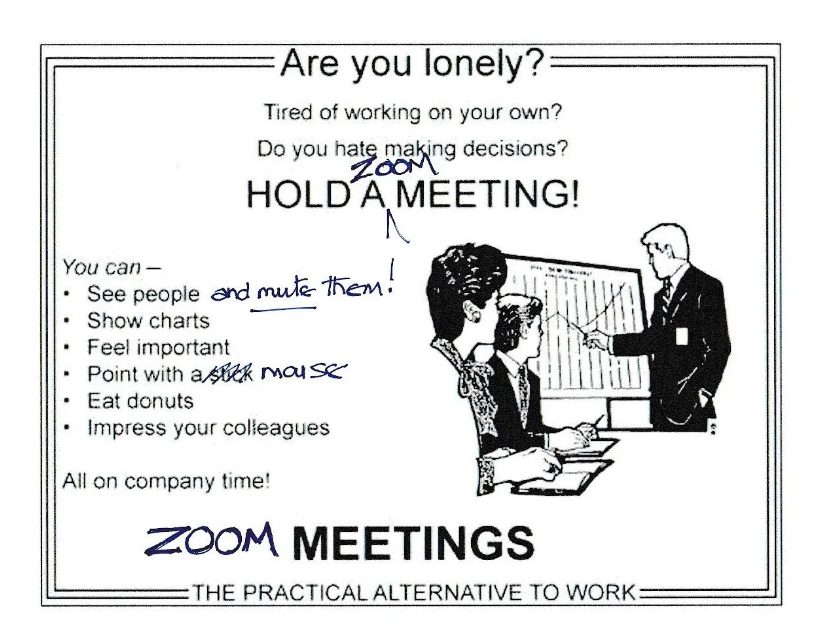
From nowhere to everywhere, the ubiquitous Zoom and Teams meetings have in twelve months become the milestones by which we measure our daily activity. Yet how is it affecting our work performance, creativity, and ability to satisfy our customers?
My recollection is that in the office there used to be a buzz – colleagues interacting, formal debate, casual conversation as well as impromptu chats around the coffee machine. Post-Covid, what has happened to those discussions about market trends, the gossip and chit-chat concerning who has won that big contract, and who is moving on?
How can you learn if you aren’t physically interacting and collaborating with your colleagues? It seems, there is no time or forum for learning and innovation in our new, socially distanced, computer-based world. Interaction just doesn’t occur in anything like the same way through remote working and online meetings. The limits of the technology mean that communication is stilted and unnatural on Zoom. When more than one person speaks at a time, there’s always that difficult, cut-out silence when you lose parts of the conversation, followed by the inevitable “Sorry!” and “Pardon?”. It’s difficult to interject and as a result dialogue is delivered in series not parallel. Inevitably, the whole process becomes protracted, and meetings just drag on and on.
This problem is made worse by managers who feel they need to be more inclusive because staff are remote, and they compensate by giving everyone the opportunity to say something. The motive is right, because everyone is involved but it just serves to further extend the length of the meeting. Giving people their moment in the spotlight can also be a nightmare for the introverts who dislike being forced to participate and resort to surreptitiously turning off their mic and camera. I would love to know the percentage of folk who resort to doing other things while the Zoom meeting goes off in a direction that doesn’t interest them.
I have heard of one organisation that held a three-hour online meeting involving just seven people. Human attention span is at best forty minutes and the poor souls are probably sitting cross-legged and losing the will to live after two hours.
The whole format of an online meeting is also extremely one-dimensional, often revolving around one or more PowerPoint presentations followed by comment from the other attendees, who all feel they need to say something. In a way, it reminds me of business conferences, with an endless procession of presentations followed by questions from the floor. It was only when we broke up these meetings and formed workshop groups did the fun begin and the real ideas start flowing.
I honestly believe that this isolation will lead to fewer ideas and less innovation. The management textbooks tell us that in a collaborative business situation, people default to type – thinkers, shapers, implementers, etc. Harnessing these individual strengths in a dynamic team will always generate better ideas, creativity, plans and results than that same group working individually in a vacuum.
Sadly, there also appears to be a deep-rooted distrust amongst many senior managers of the whole process of working from home. Insecure managers are holding Zoom and Teams meetings as a control tool, just to make sure people are working. They assume people are not working if the computer is off and measure productivity by time people spend online. The Zoom meeting then becomes a visual, online version of the weekly report, listing all the progress and achievements against various projects. We have become slaves to the media – the technology has ceased adding value, it’s just become a checking system!
Meetings for meetings sake has got worse not better! The unconfident and anxious managers have multiplied the problem because they use the frequency of Zoom meetings as evidence to convince THEIR boss that things are still working.
So, you have this double whammy with home working. A lack of stimulation and spontaneity created by working alone, overlaid by the endless distraction from your real purpose, that is created by the endless online meetings.
The answer? We need to take advantage of the vaccination programme and find a way to reinstate the face-to-face experience. It needn’t be a complete return to office-based work though. In a previous role I managed a geographically dispersed team which, through agile working, easily managed days of home working with days in the office. Home working enabled the heads-down activity such as report and creative writing, analysis, pricing, customer interaction and so on, while the office-based days were packed with collaborative workshops, meetings and project-team activity. Yes, it needed a degree of trust, but it worked if you got the balance right and it delivered results. Could this be the new normal we’re all craving?
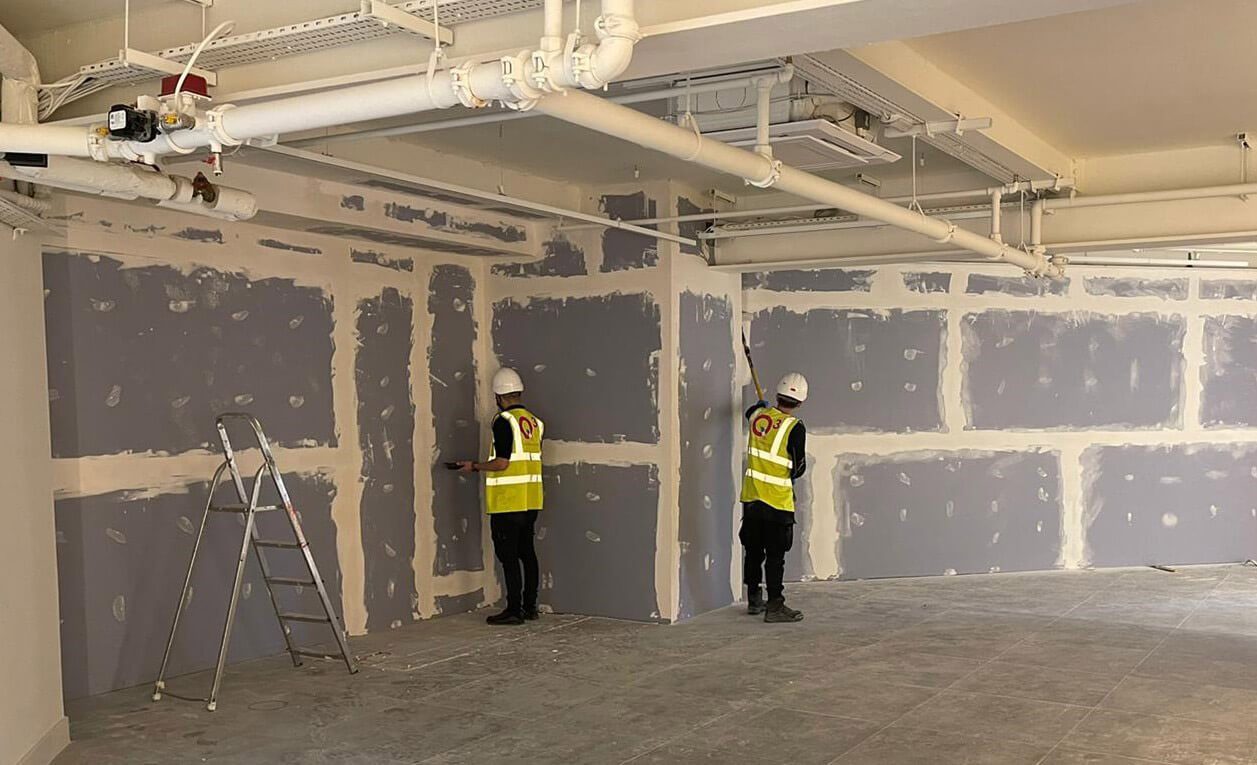
 Channel Islands
Channel Islands


